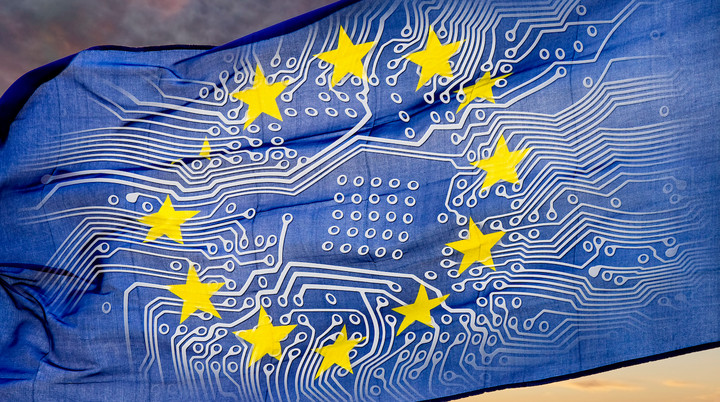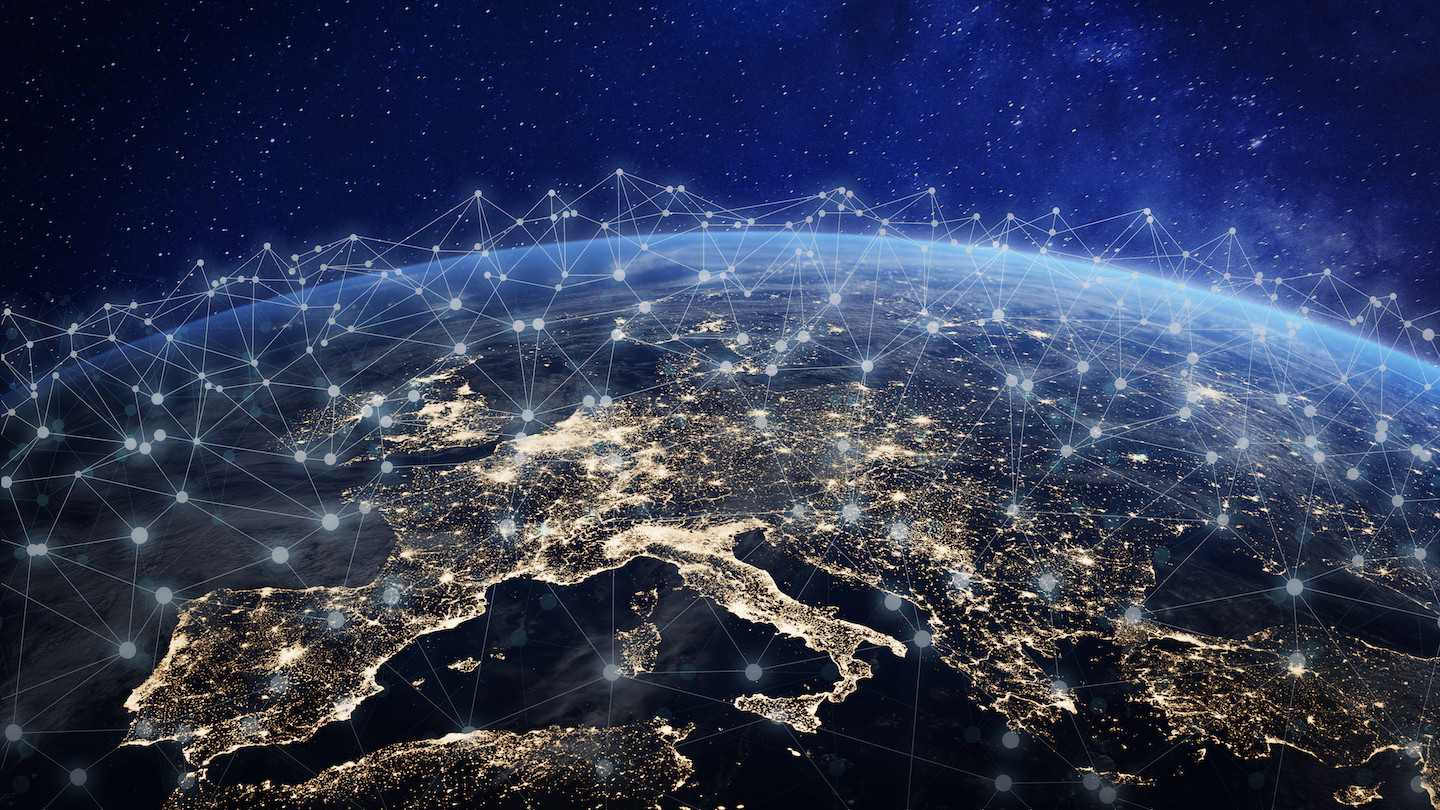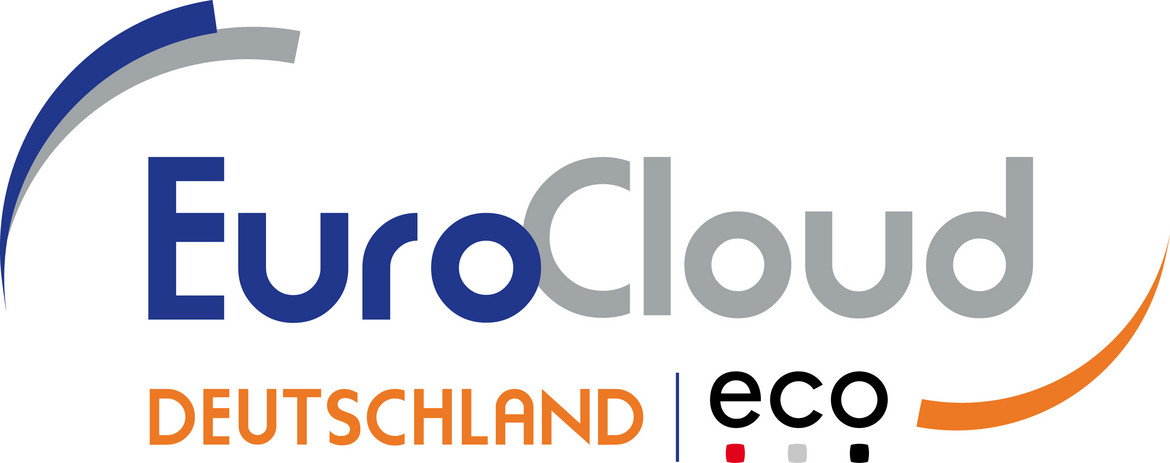Europe's Next-Generation Cloud Infrastructure
The EU has recognized the importance of the cloud for Europe’s common good, reports Andreas Weiss from the eco Association – with ambitious goals for the next five years.

© gopixa | istockphoto.com
The EU ministers of the economy have launched the project Important Project of Common European Interest for Next Generation Cloud Infrastructure and Services (IPCEI-CIS) to promote the development of state-of-the-art infrastructures and services.
The IPCEI for Cloud Infrastructure and Services (CIS) is intended to help Europe emerge stronger from the Covid-19 crisis. The goal is to apply innovative technologies for energy-saving, climate-neutral, highly efficient and interconnected systems. The IPCEI-CIS has a funding volume of 0.75 billion Euro for Germany and is to be driven forward in close partnership with the other participating member states at EU level.
eco – Association of the Internet Industry welcomes Europe's commitment to the IPCEI-CIS. Many eco members are currently already involved in initiatives with the goal of creating a sovereign, highly scalable edge cloud infrastructure in Europe. With Gaia-X Federation Services, for example, eco is pursuing the goal of creating a technical foundation that links data ecosystems and infrastructure ecosystems. The result will be a federated and interoperable overall ecosystem in which participants can confidently use data and services across sector-specific data spaces.
Highly innovative digital infrastructures distributed throughout Europe
Alongside Gaia-X, the IPCEI-CIS is another important building block for keeping the European economy competitive in the long term by means of digitalization. However, it is necessary to plan funding on a large scale in real infrastructure investments for cloud, edge and interconnection to achieve a real scale effect. Digitalization must be brought to the surface, while adhering to climate neutrality goals.
It is worth mentioning that an IPCEI is an instrument to overrule the competition law in the EU, and the investment should not serve for just a few countries, companies, or domains. The desire is to ensure a reasonable spillover effect across the entire the EU. Looking at the value chain, clear orchestration is needed and the initiative’s scope should cover those investments which can be used for multiple purposes, e.g. shared edges that simultaneously function as shopfloor hubs, smart mobility, and smart city devices. Resource sharing was the exact success model of cloud computing from the very beginning.
Goals and Governance
The IPCEI-CIS fits in with the eco Association's Internet Policy Agenda 2021-2025 call for even greater investment in digital infrastructures to make the gigabit society a reality in Germany by 2025. Specifically, eco calls for:
- A fair framework for network operators that promotes competition, expansion, and innovation, in order to operate and roll out gigabit networks.
- The principle of net neutrality to remain guaranteed in the future and be ensured by the political players in Berlin and Brussels.
- The new German federal government after the coming elections to promote digital sovereignty in the form of open access to technology, digital infrastructures that are available nationwide, regulation that promotes innovation, and the import of knowledge and technology.
The EU's Digital Goals 2030
These requirements are also in line with the EU's Digital Goals 2030, namely:
- Digitally empowered citizens and highly skilled digital professionals: By 2030, at least 80 percent of all adults should have basic digital skills, and the EU should employ 20 million ICT professionals. At the same time, more women should be working in this field.
- Secure, high-performance, and sustainable digital infrastructures: By 2030, all households in the EU should have gigabit connectivity and all populated areas should be covered by 5G networks. 20% of the world's advanced and sustainable semiconductors should be manufactured in Europe. In the EU, 10,000 carbon-neutral high-security edge nodes should be built, and Europe should have its first quantum computer.
- Digital transformation of companies: By 2030, three out of four companies should be using cloud computing services, “Big Data” and artificial intelligence. Over 90% of SMEs should have achieved at least basic digital intensity and the number of start-up unicorns in the EU should have doubled.
- Digitalization of public services: By 2030, all major public services should be available online. All citizens will have access to their electronic health records and 80% of them should be using an eID solution.
Aside from this, we will also see initiatives emerging that address the digital responsibility of all participants for a credible, transparent, and values-based digital economy.
For more information, see also the EU Commission's press release, the State of the Union 2020 address and the German Federal Ministry of Finance.
Andreas Weiss is Head of Digital Business Models at eco - Association of the Internet Industry. He started with eco in 1998 with the Competence Group E-Commerce and Logistics, moving afterwards to E-Business. Since 2010, he has been leading the eco Cloud Initiative as Director of EuroCloud Deutschland_eco and is engaged in several projects and initiatives for the use of artificial intelligence, data privacy, GDPR conformity, and overall security and compliance of digital services.






